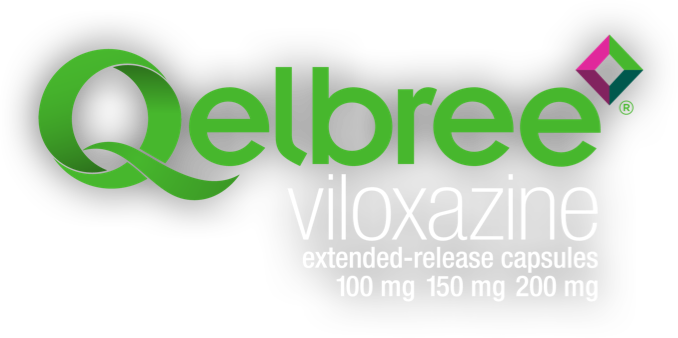
From misrepresented to Ms. Represented
The path to feeling supported while living with ADHD
ADHD symptoms can often look different in females than in males and are often overlooked. That’s why we’re flipping the script and bringing awareness to what women with ADHD face, empowering them to advocate for the right treatment and care.
Qelbree® (viloxazine extended-release capsules) is a prescription medicine used to treat ADHD in adults and children 6 years and older
Busy Philipps is an actual Qelbree patient and compensated ambassador.
Learn more about Busy's misrepresented story
The journey to getting help managing her symptoms with Qelbree
For much of her life, Busy thought she was just "too loud" or "too much." It wasn't until her daughter was diagnosed with ADHD that she realized she was experiencing similar symptoms. After talking to her doctor, she was diagnosed with ADHD. Hear how Qelbree helps make Busy's ADHD symptoms manageable.
Does this sound like you? It’s time to get real with your doctor about your ADHD.
Feel confident at your next appointment. Learn tips and tricks for talking with your doctor about the realities of your ADHD and how to help manage it.
Because when you find the right treatment plan for you, you too can feel supported with ADHD.
For additional ADHD resources, including information on non-stimulant Qelbree, Join Qelbree Insider Today
"With Qelbree, I have help managing my ADHD symptoms. I am present during conversations, and I’m not constantly jumping from one thing to the next."
-Busy Philipps
"People assume ADHD is just hyper little kids bouncing off the walls. But for so many women, it’s being overwhelmed, getting easily distracted, or not knowing where to start – like having a million tabs open all at once."
-Busy Philipps
Join the community
Check out Qelbree on social. You’ll get equal doses of information and inspiration, plus the chance to hear from other folks taking Qelbree for ADHD.



